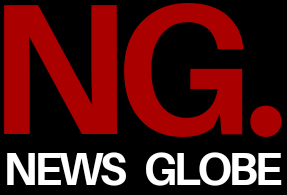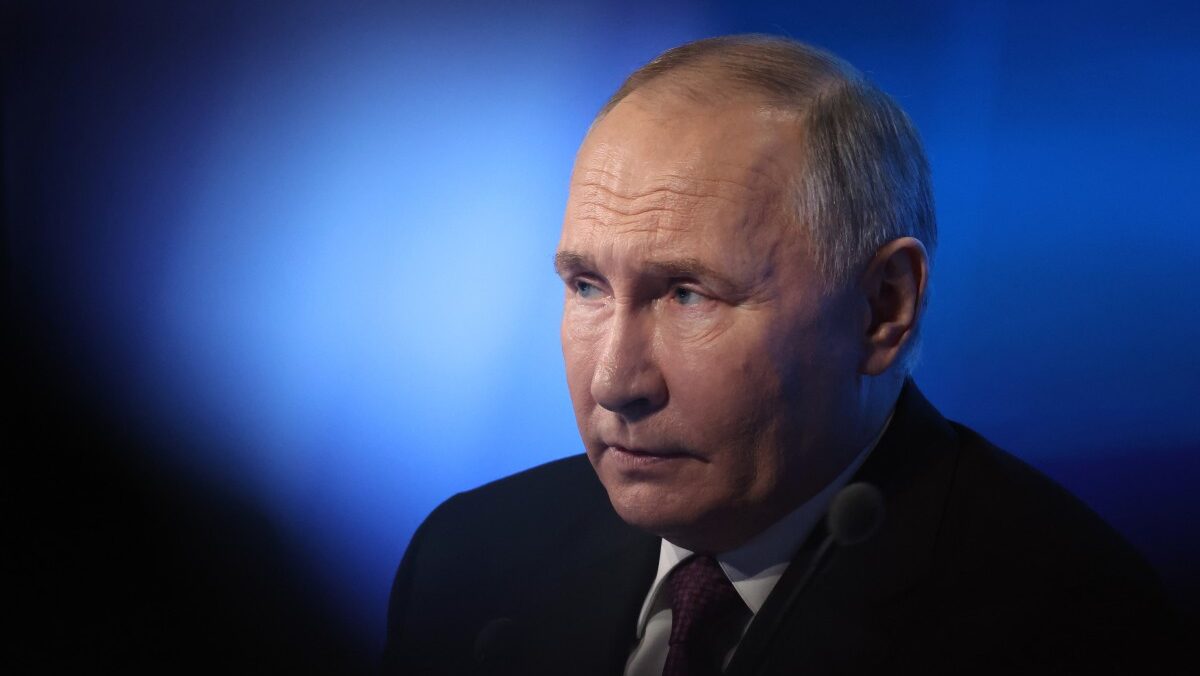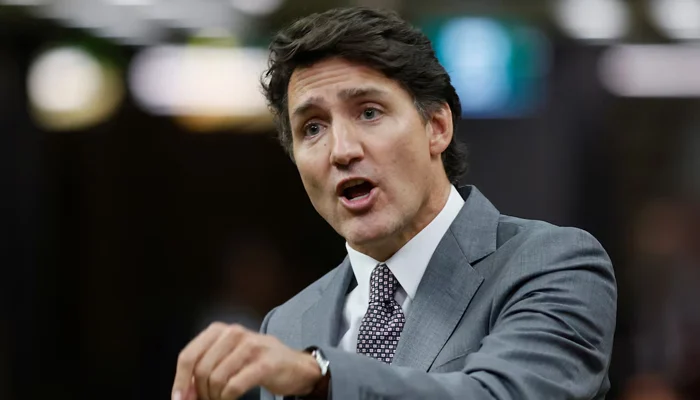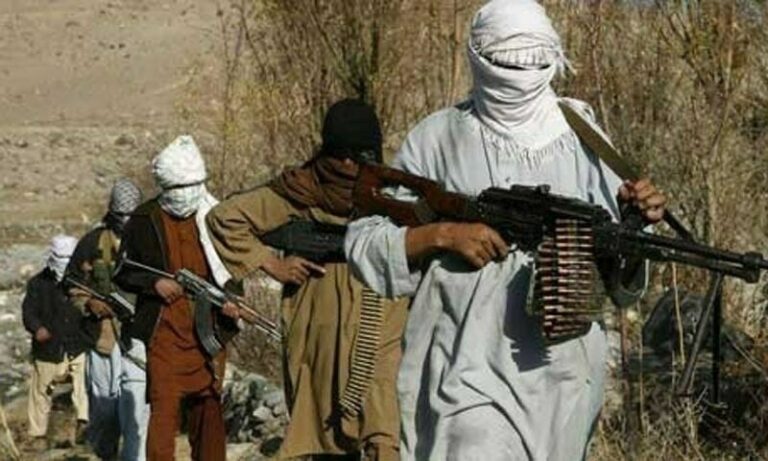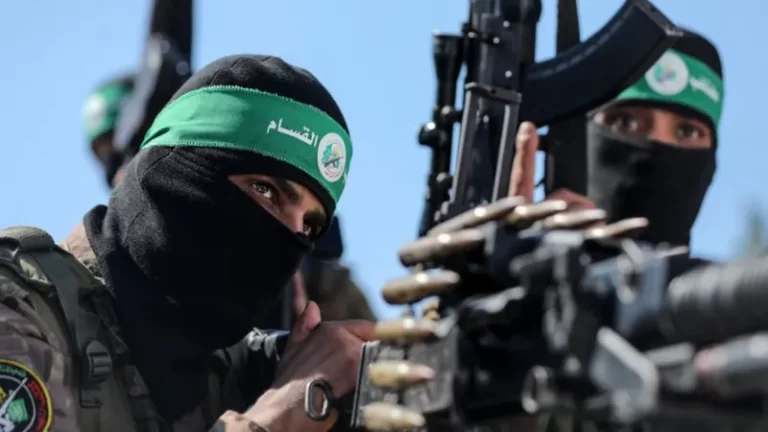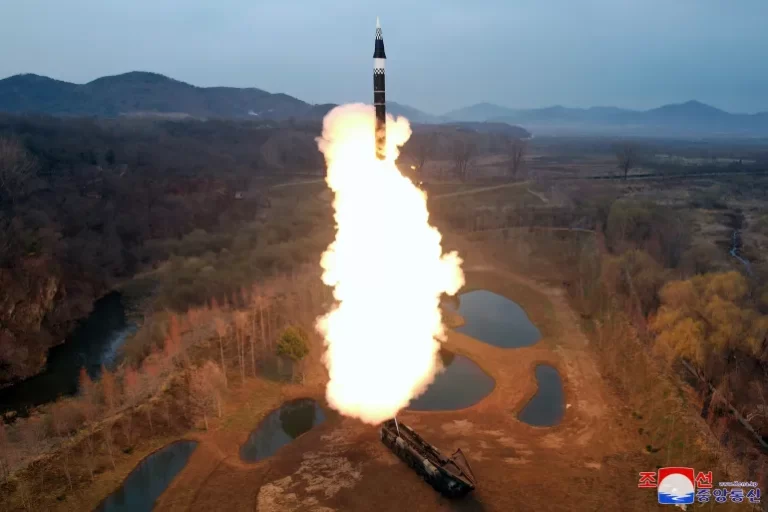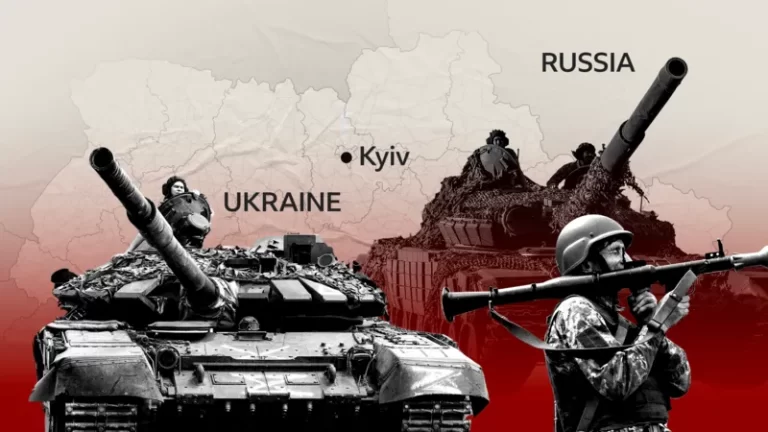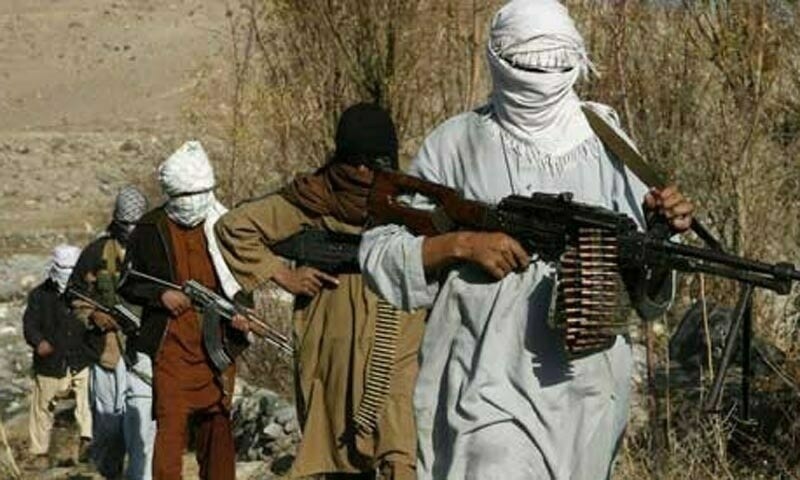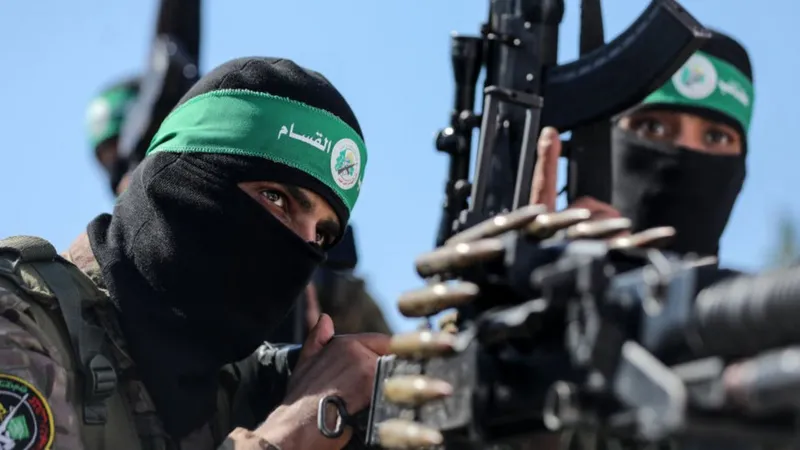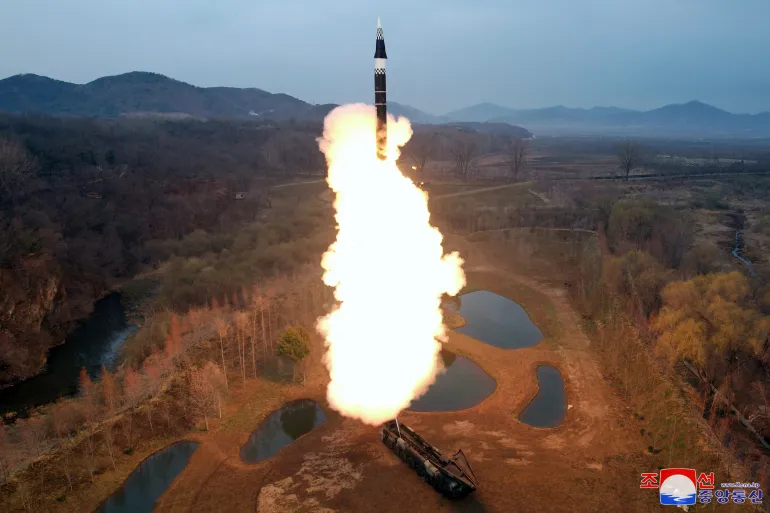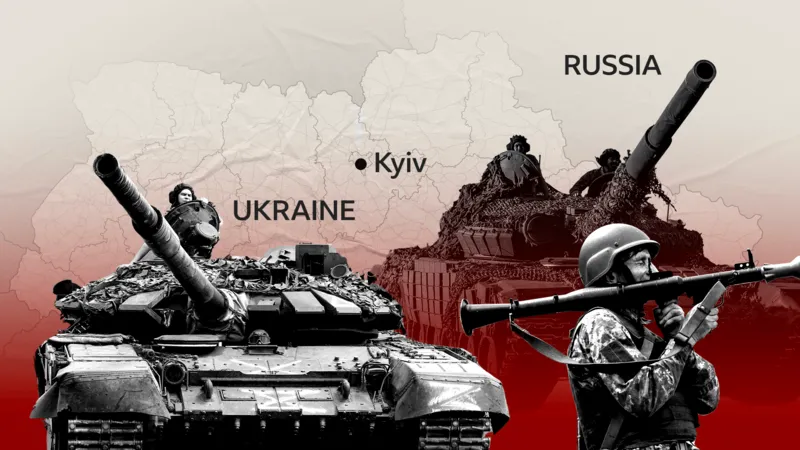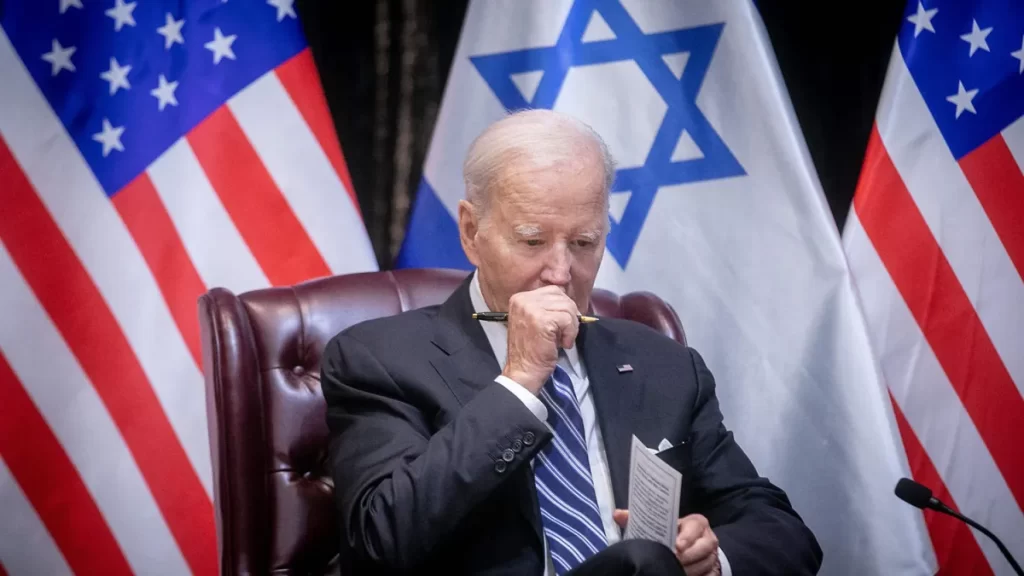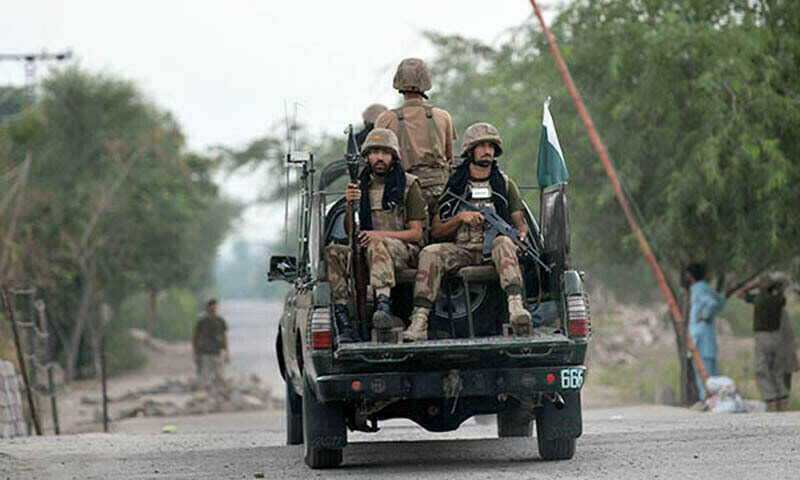Russia has announced plans to conduct military exercises involving the deployment of tactical nuclear weapons.
In a move aimed at countering perceived threats from Western powers, Russia has announced plans to conduct military exercises involving the deployment of tactical nuclear weapons. The decision, ordered by President Vladimir Putin, comes amidst rising tensions with the United States and its European allies, whom Moscow accuses of pushing the world towards a confrontation between nuclear powers.
Since Russia’s invasion of Ukraine in 2022, concerns over nuclear risks have been repeatedly raised, prompting the United States to take these warnings seriously. However, US officials maintain that they have not observed any significant shifts in Russia’s nuclear posture.
The Russian Defence Ministry stated that the upcoming military drills would include preparations and deployment practices for non-strategic nuclear weapons. The exercises will involve missile forces in the Southern Military District, as well as aviation and navy units.
These drills are framed as essential measures to safeguard Russia’s territorial integrity and sovereignty, particularly in response to what Moscow perceives as provocative statements and threats from certain Western officials.
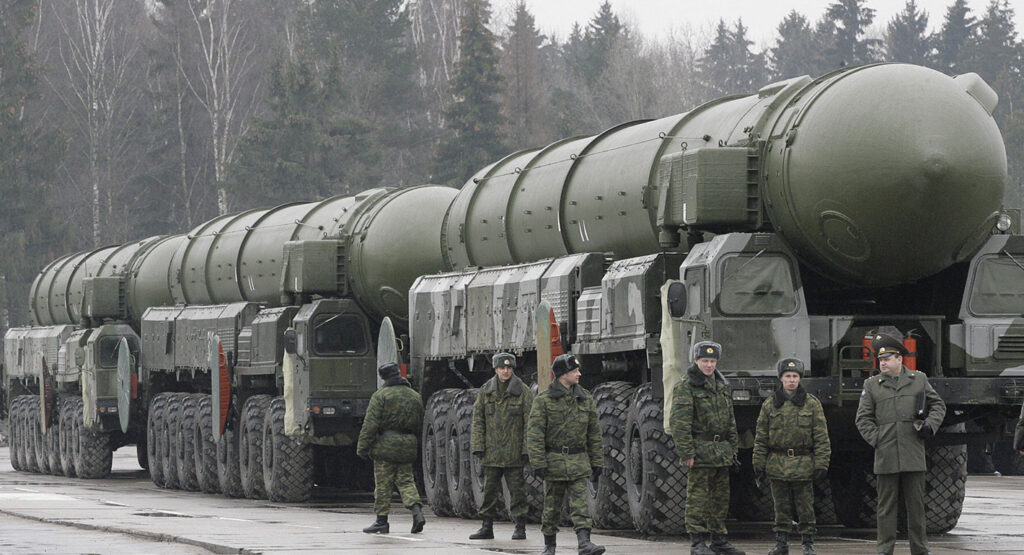
Russia, alongside the United States, holds the world’s largest nuclear arsenals. Amidst uncertainties surrounding the exact number of non-strategic nuclear warheads, estimated figures hover around 1,558, according to the Federation of American Scientists.
Despite assurances from US President Joe Biden that the likelihood of Russia employing nuclear weapons is minimal, reports suggest contingency planning for potential Russian nuclear strikes against Ukraine had been undertaken by top US officials in 2022.
While some Western and Ukrainian officials dismiss Russia’s nuclear threats as bluffing tactics, the Kremlin has consistently signaled a willingness to break the nuclear taboo if it perceives a direct threat to its existence.
The latest move by Russia follows remarks from Western leaders, including French President Emmanuel Macron and British officials, regarding the possibility of sending troops to support Ukraine in its conflict with Russia. Such statements have been denounced by the Kremlin as escalatory and unprecedented.
President Putin has characterized the ongoing tensions as part of a historical struggle between Russia and the West, fueled by what he perceives as Western encroachment on Russia’s sphere of influence since the end of the Cold War.
As NATO conducts its largest military exercise since the Cold War, known as “Steadfast Defender,” fears of further escalation loom large. Despite calls from hardliners within Russia to reconsider its nuclear doctrine, Putin has maintained that there is no need for a change.
The conflict in Ukraine continues to be framed differently by Russia and its Western adversaries, with Moscow portraying it as a defense of its interests against Western aggression, while Western leaders condemn it as an unjustified land grab.
